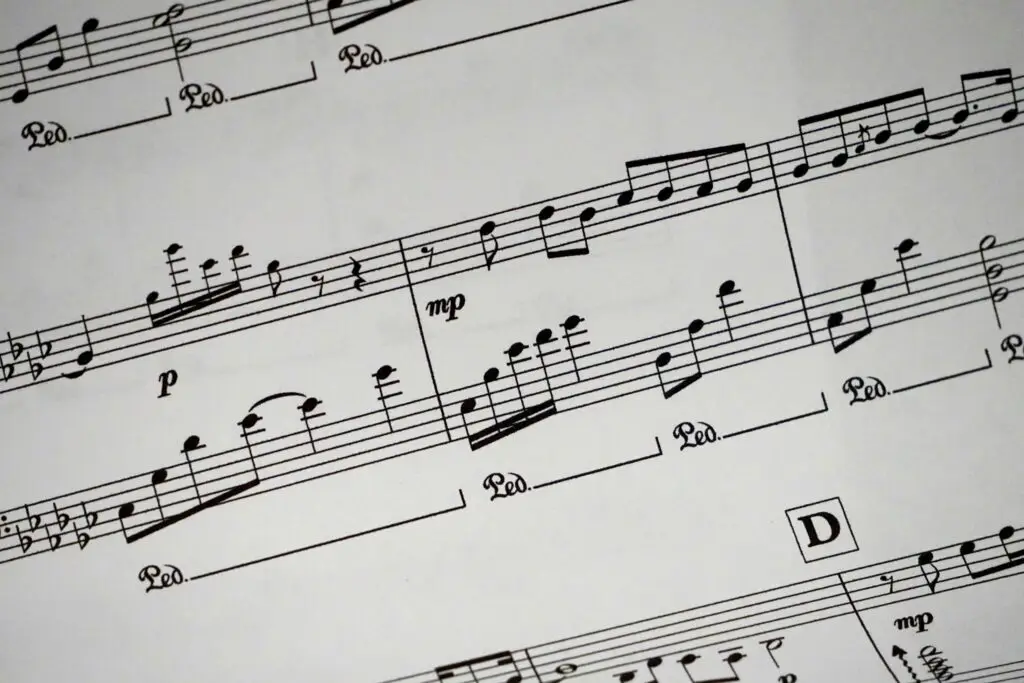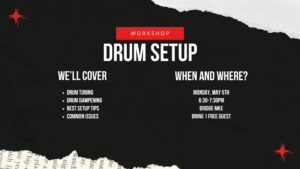If you play an instrument or sing, you might wonder what level you’re at. You’re not a beginner anymore, but you’re not an expert either. That means you’re in the intermediate stage!
Being an intermediate musician means you know the basics and can play many songs, but there is still more to learn. Let’s look at what this level is all about!
1. You Can Play Pretty Well
As an intermediate musician, you don’t struggle with simple songs anymore. You can play or sing with good sound, and your hands or voice feel more natural. Harder songs still take practice, but you’re getting better!
Signs of progress:
- You can play or sing with a steady beat.
- You know how to make your music sound loud, soft, fast, or slow.
- Some songs feel easy, but tricky ones still take time.
2. You Understand Basic Music Theory
Music theory is how we read and understand music. Intermediate musicians know some of these rules.
What you might know:
- How to read music notes or chords.
- What key signatures and time signatures mean.
- How to follow rhythms and beats.

3. You Know More Songs
At first, you only knew a few easy songs. Now, you can play or sing different kinds of music! You might even start adding your own style to songs.
Ways to get better:
- Try songs from different styles, like pop, jazz, or classical.
- Pick songs with new challenges, like faster notes or tricky rhythms.
- Learn to play with feeling, not just the right notes.
4. You Can Play by Ear (a Little Bit!)
This means you can hear a song and figure out parts of it without looking at music. You might not get every note right away, but you can guess some of them.
Ways to practice:
- Try playing or singing a simple tune just by listening.
- Listen to a song and find the chords on your instrument.
- Clap along to different beats and rhythms.

5. You Can Play with Others
Music is fun with friends! If you are in a band, choir, or orchestra, you are learning how to play as a team.
Signs you are good at this:
- You can stay on beat with others.
- You listen and adjust your sound to match the group.
- You know when to play loud and when to stay quiet.

6. You Know How to Practice
When you were a beginner, you needed a lot of help. Now, you can practice on your own and fix mistakes.
Good practice habits:
- Warm up before you play.
- Work on small parts of a song instead of rushing through.
- Record yourself to hear what needs fixing.
What’s Next? Moving to Advanced Level!
How do you know when you’re becoming an advanced musician? Here are some signs:
- You can read music quickly.
- You play or sing with strong feeling and control.
- You can perform hard songs without many mistakes.
- You know advanced techniques and styles.
Keep Going!
Being an intermediate musician is exciting! You are getting better, learning new things, and making music in your own way. Keep practicing, and soon, you’ll be even better.
What is the hardest part of music for you right now?
More Posts

Rhythm Guitar Mastery: Strumming and Riff Techniques for Pop and Country
You know that feeling when a song just clicks — when the beat feels like it’s syncing with your heartbeat, and the chords seem to

Home Recording on a Budget: Recording Your Practice Sessions
You’ve been working hard on your music—nailing that tricky chord change, perfecting your drum fills, polishing your vocals. But how do you really know if

Drum Setup Workshop
Drum Setup Workshop We are announcing our next upcoming workshop! Many drummers struggle with tuning and best setup practices. With so many variables and no